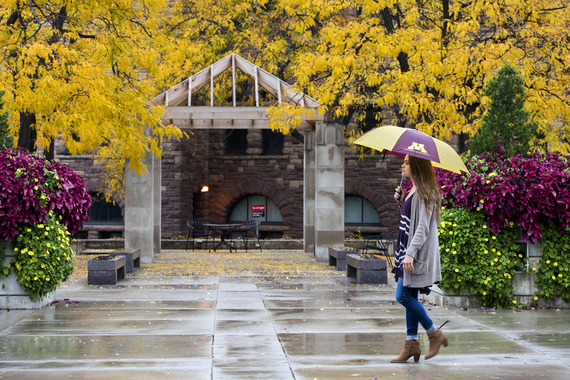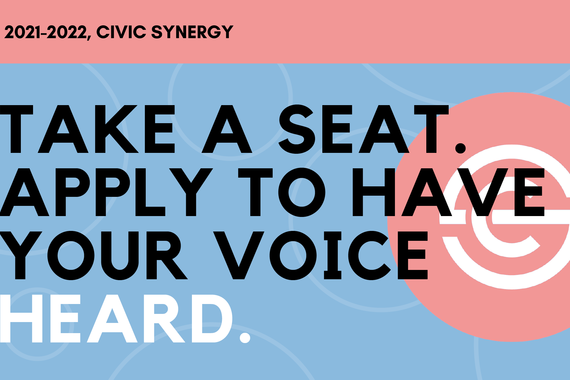Engaging Polarization
If we think back to Dean John Coleman's Message from earlier in the semester: “The Public Life Project prepares students to launch confidently into civic life and engage in dialogue around difficult issues—in short, how to conduct the emphatically difficult work of maintaining a healthy democracy,” it reminds of the core initiatives of the Public Life Project that center around discussing difficult issues and topics that can cause divisions and polarization.
One manner in which the PLP is trying to tackle issues of polarization is to reach students earlier in their college careers. PLP-affiliated freshman seminars operate to help students not just discuss these issues but provide the skills to actively engage a diversity of opinions through the use of course materials and class discussions & activities. As the semester progresses, examples of PLP’s goals and initiatives are coming through which is exciting.
One of the key issues reported across seminars is learning how to communicate and exchange ideas on complicated topics which often bring out very different student experiences, opinions, and viewpoints. Here are two examples:
- From Douglas Olsen’s class CNES 1913: “Homer's Odyssey and Politics:” We had a very interesting discussion about two weeks ago, in the "politics" portions of the class, about mixed martial arts and whether (1) people should be able to offer up their bodies in this way for pay as a spectacle and (2) what the ethics are of watching such events. The students began with an almost universal "free market" attitude toward the situation: personal autonomy means that, if you want to do this with yourself for a price, no one has the right to tell you not to, or to try to outlaw such spectacles generally. We then began to talk about whether this meant one could also fight to death on pay-per-view if the reward was big enough, or sell oneself into slavery, or sell one's organs. By the end, we were discussing the question of whether there are concepts of universal human dignity and worth that ought to put limits on such seeming "freedoms", especially given that those put up for view and use will almost inevitably be individuals who lack other forms of social and political privilege. This question of personal autonomy and group autonomy, on the one hand, and of larger communal norms that can at least potentially monitor and limit such autonomy, seems to be emerging as one of our central themes this semester.
- From Molly Kessler’s class WRIT 1935W: “Writing Medicine:” The class is currently reading Anne Fadiman's The Spirit Catches You and in class, I invited students to consider the author's identities and if/how her identities impact the story she tells in the book. (For reference, the book is written by a white woman who followed a Hmong family's experience with the American medical system after they immigrated here from Thailand. The family has a daughter with severe epilepsy.). A discussion began among students about the author's identity role in writing the story. A group of students commented that the author's identities did not seem to impact how the author writes and that bias was minimal in the book. Other students challenged this and made the case that bias can show up in implicit and explicit ways and so, even if the text is written with a seemingly objective tone, that the author's perspective is just one view of the world, and importantly, it is not the same view as the Hmong family she writes about. We then spent time talking about what implicit bias is, why it matters, and how we can be mindful of it while reading this book and still taking seriously the book's story and arguments. I wouldn't say we all ended in agreement but it was a productive conversation that we'll continue to have as we continue reading.
These examples demonstrate not just the creativity and leadership skills by UMN faculty to provide a space for freshmen to discuss divisive topics but also the willingness for students to engage discussion in such topics. We hope to provide more examples as the semester progresses to demonstrate the potential of openly engaging in divisive topics, stay tuned.


